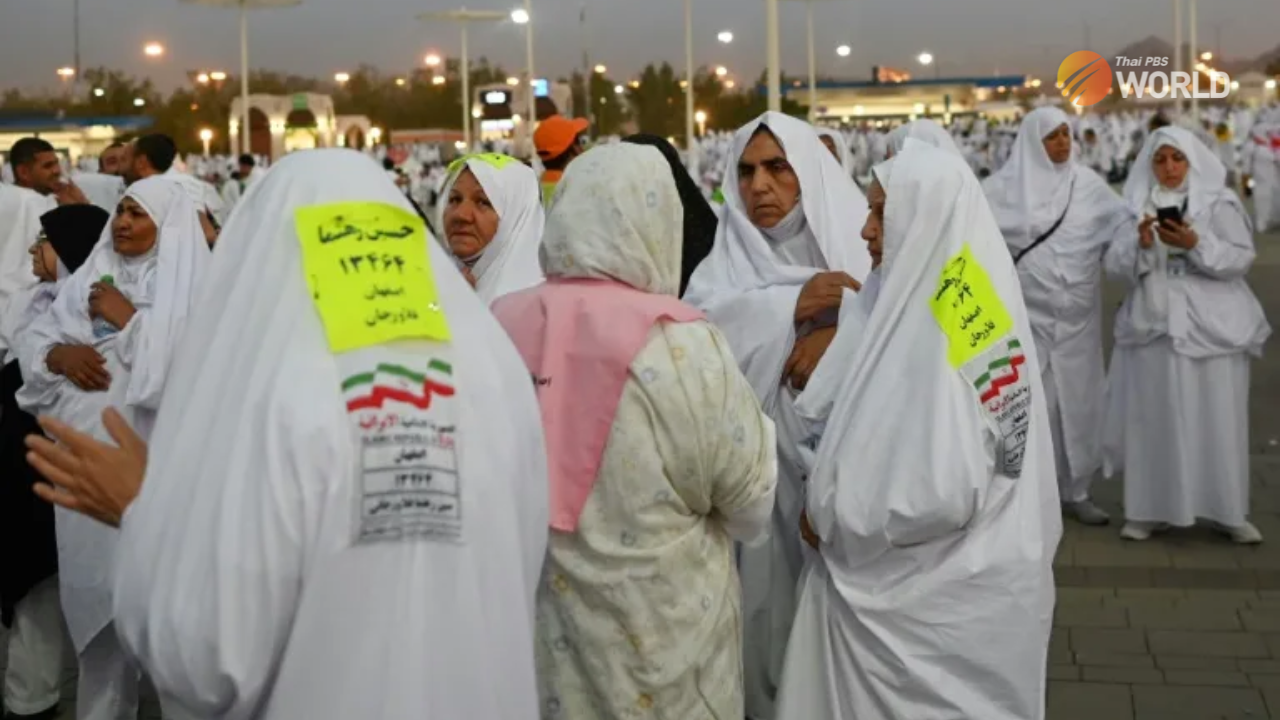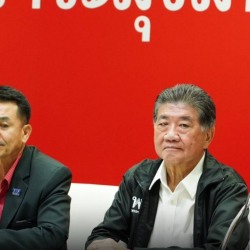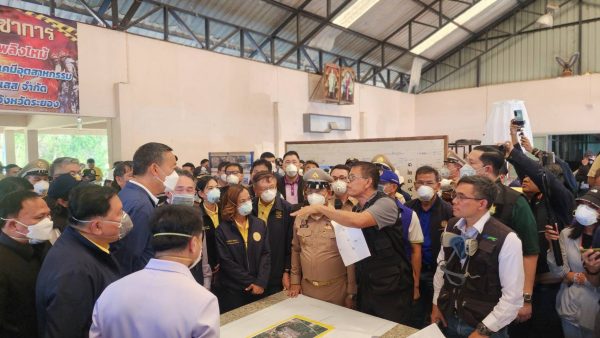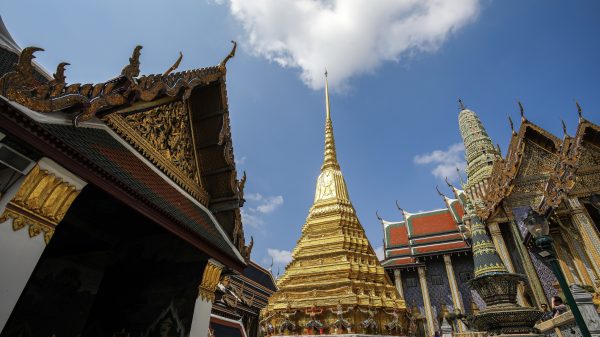Iranians go from ‘harassment’ to hajj happiness after Saudi pact

If a landmark reconciliation between Saudi Arabia and Iran has eased tensions in the Gulf, clouds have also lifted at the hajj pilgrimage, where Iranian visitors finally feel welcome again.
Seven years of enmity between the Sunni and Shiite powers had made for a cool reception for Iranian pilgrims joining worshippers from around the world for the massive event.
But at the current hajj, held three months after Riyadh and Tehran agreed to repair relations, the atmosphere is suddenly very different.
An Iranian tour operator who has joined the hajj on several occasions said he was feeling “comfort and safety” in Saudi Arabia for the first time.
“Yes, we were subjected to harassment,” said the 55-year-old who did not want to give his name, citing the sensitivity of the matter.
“We felt that our presence was not wanted in the first place,” he added, speaking in broken Arabic near the Grand Mosque in Mecca. “But all that has changed now after the reconciliation.”
The January 2016 schism was related to religion, as Riyadh cut ties following demonstrations at its Iranian missions over Saudi Arabia’s execution of Shiite cleric Nimr al-Nimr.
In March, the two sides announced a surprise, Chinese-brokered detente. This month, Iran reopened its Riyadh embassy and the Saudi foreign minister visited Tehran.
The rapprochement has had a knock-on effect around the region, where Saudi Arabia and Iran have backed opposing sides in a number of conflicts and disputes.
Saudi Arabia opened talks with Yemen’s Iran-backed Huthi rebels, who they have been fighting at the head of an international coalition since 2015, and repaired relations with Syria’s isolated leader Bashar al-Assad.
– ‘We have become friends’ –
The hajj has previously proved a sticking point between Riyadh and Tehran. No Iranian pilgrims were allowed in 2016, the year that ties were ruptured, as the two sides were unable to organise a protocol for them to attend.
Saudi Arabia and Iran traded accusations in 2015, when 464 Iranians were among 2,300 pilgrims killed in a stampede, the worst in a series of hajj disasters.
In 1987, Saudi security forces clashed with Iranian pilgrims who organised an unauthorised protest, resulting in the deaths of more than 400 people including 275 Iranians, according to an official toll.
This year, however, the Islamic Republic’s flag is conspicuous at Mecca, adorning hotels and buses reserved for Iranian visitors.
“Now things are back to normal. I feel comfortable and safe,” said the tour operator, who said his family had joined him for the pilgrimage this year.
More than 86,000 Iranians, including 300 aged over 80, are on this year’s hajj, according to Iranian media reports, after Saudi Arabia removed Covid-era caps on numbers and a maximum age limit.
“There was some fear, but people love to come to God’s sacred house,” Sarwa Al-Boubsi, 34, told AFP in the lobby of a hotel designated for Iranians in Mecca.
“There has been reconciliation, we have become friends. The situation is better than before,” added Boubsi, wearing a black abaya.
Officials from the two governments say they are also working to restore access to umrah, the year-round Saudi pilgrimage that remains off-limits to Iranians.
Saudi merchant Al-Waleed, who did not want to give his family name, said the resumption of ties was good for business as Iranian pilgrims visit in large numbers.
“It is in everyone’s interest that peace prevails between the two countries,” he said in his shop, in between haggling over the price of a rosary with an Iranian woman.
Zainab Magli, from Ahvaz in southern Iran, praised the hospitality of the Saudis.
“Their reception (this year) is beautiful. Since we entered Saudi Arabia, we have not been harmed,” said the 47-year-old woman, who has visited before to perform umrah.
“We neither harm them nor do they harm us,” she said.
By AFP






